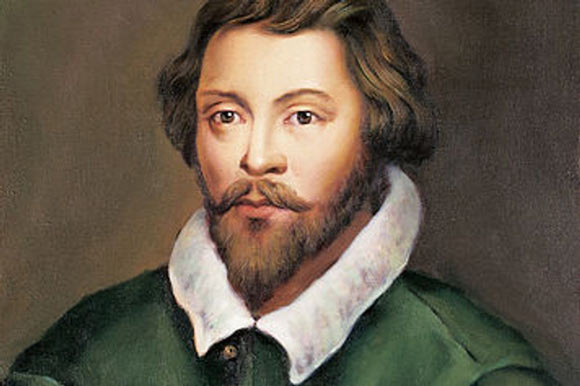Introduction:
In the realm of classical music, certain names resonate through the ages as pioneers and virtuosos. Among them, William Byrd stands tall as one of the most influential composers of the Elizabethan era. His compositions have withstood the test of time, and his musical genius continues to inspire generations. In this blog post, we delve into the fascinating biography of William Byrd, uncovering the life, music, and lasting legacy of this remarkable composer.
Early Life and Education:
William Byrd was born in Lincolnshire, England, around the year 1540. Little is known about his early life, including the identity of his parents and his exact birthplace. However, it is widely believed that Byrd received his initial musical training as a chorister at St. Paul’s Cathedral in London. This early exposure to sacred music laid the foundation for his future achievements.
Musical Career and Achievements:
Byrd’s talent and passion for music were evident from an early age, and he quickly rose to prominence in the Elizabethan court. His musical career flourished under the patronage of Queen Elizabeth I, who recognized his extraordinary abilities as a composer and musician. Byrd was appointed as a Gentleman of the Chapel Royal, an esteemed position that allowed him to compose and perform music for the royal court.
As a composer, Byrd possessed a remarkable versatility. He was skilled in writing both secular and sacred music, excelling in various forms such as madrigals, motets, consort music, and keyboard compositions. Byrd’s works often showcased intricate polyphony, lush harmonies, and expressive melodies, earning him a reputation as a master of his craft.
One of Byrd’s most significant contributions to music was his establishment of the English madrigal style. He was instrumental in popularizing this form, which blended English poetry with rich musical textures. Byrd’s madrigals captured the essence of the Elizabethan period, with themes of love, nature, and courtly life beautifully intertwined in his compositions.
Religious Convictions and Challenges:
Despite his esteemed position in the royal court, Byrd faced considerable challenges due to his Catholic faith during a time of religious turmoil in England. As a devout Catholic, he composed music for the Catholic liturgy, often writing in secret to avoid persecution. Byrd’s ability to create deeply spiritual compositions that resonated with both Catholic and Protestant audiences speaks volumes about his extraordinary talent and the universal power of his music.
Legacy and Influence:
William Byrd’s contributions to music extend far beyond his own lifetime. His compositions continue to be performed and admired around the world, reflecting his lasting influence on Western classical music. Byrd’s influence can be seen in the works of later composers, such as Henry Purcell and Johann Sebastian Bach, who revered him as a pioneer of polyphonic music.
Today, Byrd’s music stands as a testament to the rich tapestry of the Elizabethan era. His compositions, from the ethereal choral harmonies to the intricate keyboard works, paint a vivid picture of the cultural and artistic landscape of the time. Byrd’s enduring legacy reminds us of the power of music to transcend time and touch the depths of the human spirit.
Conclusion:
William Byrd’s life and music are testaments to the extraordinary talent and resilience of an artist faced with political and religious challenges. His ability to create exquisite compositions that spoke to the hearts of his listeners has ensured his place among the great composers of history. As we continue to appreciate and perform his works, we honor the genius and artistry of William Byrd, a musical mastermind whose legacy continues to resonate through the ages.


Comments are closed